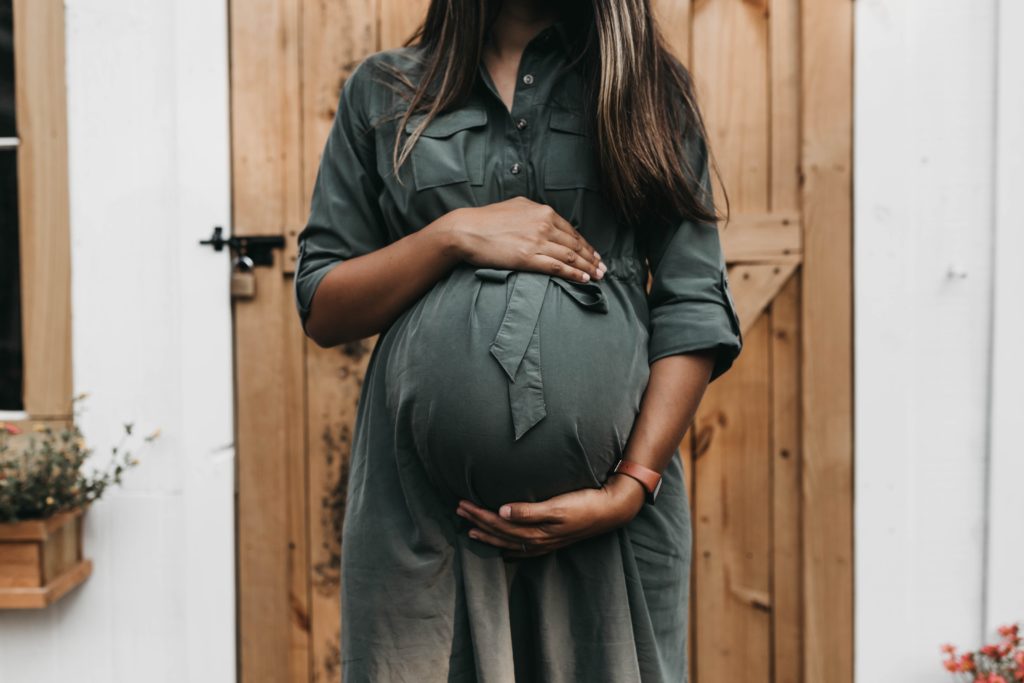
Published December 10, 2021
EPPC Fellow Erika Bachiochi contributed the following commentary to a roundtable in the New York Times Opinion section’s “Debatable” newsletter.
The richest country in the history of the world has looked for far too long to readily available abortion as the appropriate response to female poverty. This is Margaret Sanger’s 20th-century eugenic legacy, even if her own advocacy for birth control was intended as a prophylactic to abortion, not the gateway it ineluctably became. In Roe’s absence, concerns about women’s economic welfare would have to be addressed as they should: by ending poverty, not unborn lives.
Our country’s earliest women’s rights advocates well understood that no techno-pharmacological solution could ever equalize the asymmetries inherent in sexual intercourse — asymmetries that over the course of history have far too often left women pregnant, poor, abandoned and alone. But these women did not aim to suppress female fertility or reject its consequences outright. They fought for structural changes in education, law, marriage and the workplace, and against the male sexual prerogative instead.
Our country is in the midst of a racial reckoning that has brought much-needed attention to continuing disparities in wealth, income, health, housing and education, among other categories. But until that reckoning recognizes that in New York City alone, for instance, more Black children are aborted than are brought to term, it will not have gone deep enough.
Sangerian efforts to suppress the fertility of the poor and people of color do nothing to bring about structural change that real justice requires: universal access to health care; dignified work with just wages and full benefits; increased economic support for child-raising families and the removal of marriage penalties; criminal justice reform; foster care reform; school choice; funds for community colleges; and many more.
Once we are on the other side of this fifty year legal battle over Roe, we would all do well to recognize that the answer to injustice against vulnerable people is not abortion — itself an injustice against the vulnerable — but systemic structural change instead.
EPPC Fellow Erika Bachiochi is a legal scholar specializing in Equal Protection jurisprudence, feminist legal theory, Catholic social teaching, and sexual ethics. She is also a Senior Fellow at the Abigail Adams Institute in Cambridge, MA, where she founded and directs the Wollstonecraft Project. Her newest book, The Rights of Women: Reclaiming a Lost Vision, was published by Notre Dame University Press in 2021.






